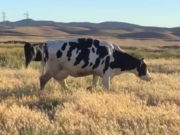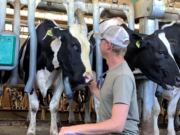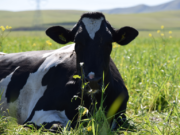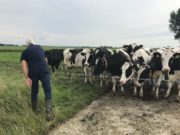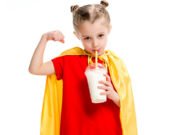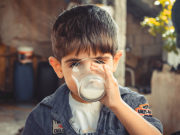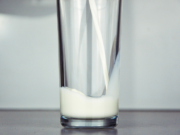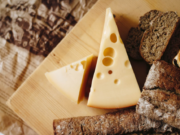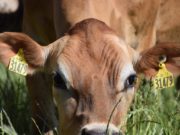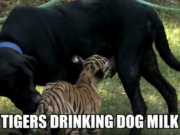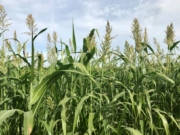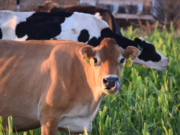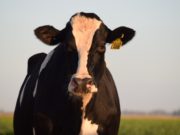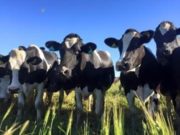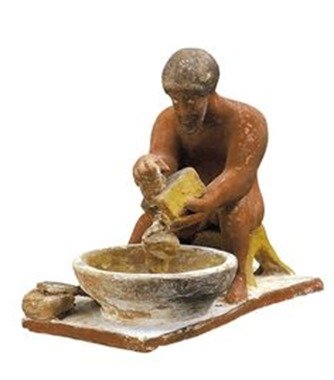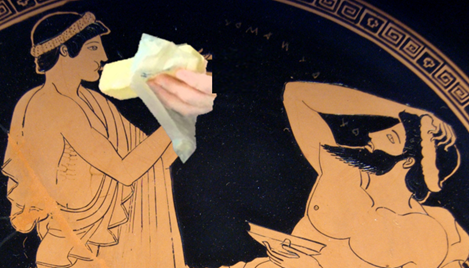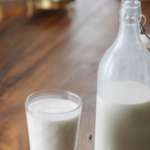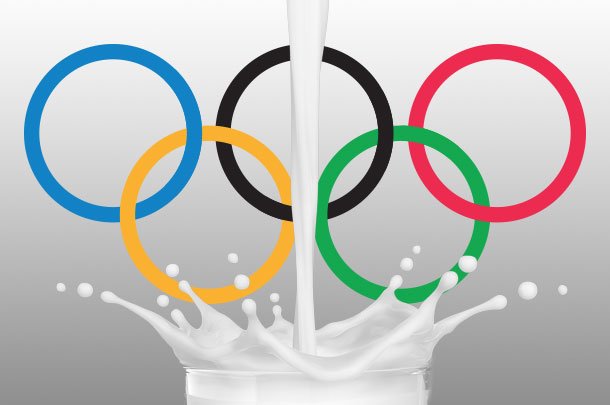
Since the dawn of the Olympic Games in 776 B.C., Olympians have fueled their athletic performances with milk and dairy products. Milk has always played a large role in athletic competitions.
Scientists know Milk is the perfect sports drink due to its nutrient density and optimal ratio of carbohydrates and protein. Milk is the most hydrating beverage you can drink – a great source of protein for rebuilding muscle and an excellent source of fat for rebuilding your body’s cellular membranes.
It makes sense then that MilkPEP found that nine out of 10 Olympians have incorporated milk into their training routines. Milk has been propelling Olympic athletes to gold for hundreds of years.
The ancient Greeks began the Olympic Games to honor their god Zeus, the most powerful of the gods who was himself raised on milk. Indeed, the very first Olympic athletes relied heavily on milk and cheese as their dietary source of nutrients. Greek historian Diogenes Laertius wrote that the first Olympians ate a diet consisting of figs, cheese and wheat. The majority of the athletes’ protein came from cheese. Athletes were fueling themselves with a dairy-based diet.
While 80 percent of the Greek population was involved in agriculture, milk and dairy products was more readily available and was a more affordable foodstuff than meat. Greek writers noted that Olympians did not incorporate meat into their daily regimens until centuries later.
Ancient Greeks ate a lot of cheese. A sculpture of a man grating cheese found at Ritsona (near modern day Athens, Greece) from 500 BCE
Ancient Greeks lived on a dairy-based diet of figs, cheese, and wheat. The majority of the protein in their diets came from Cheese
Greek athletes were far from vegan
One historian by the name of Celsus classified foods in order of importance for athletes from strongest to weakest. Interestingly, Celsus listed the weakest foods for athletes as being vegetable stalks and whatever grows from them. While the ancient Greeks did eat vegetables, they held poor favor for athletes. One Greek Olympic historian named Galen communicated his disdain for vegetables, stating they give “little nutriment to the body” and were by all definitions “unwholesome.” Most athletes today would agree with his statement that a diet based solely on vegetables does little to help rebuild spent energy stores and replenish and boost maximum muscle recovery.
These Greek historians, Celcus and Galen, did however uphold milk as being the gold medal choice for athletes, with Galen notably stating, “Milk is just about the most wholesome of any of the foods we consume.”
Milk and dairy products fueled those ancient Olympic athletes of the past, and it continues to fuel modern athletes today. But why shouldn’t it? Milk was known to those ancient Greeks as being the “food of the gods.” If milk could help raise their god Zeus to becoming the most powerful among the gods, why wouldn’t milk help athletes become champions among men?
What Do you Think?
Leave a comment below to share your thoughts on this

